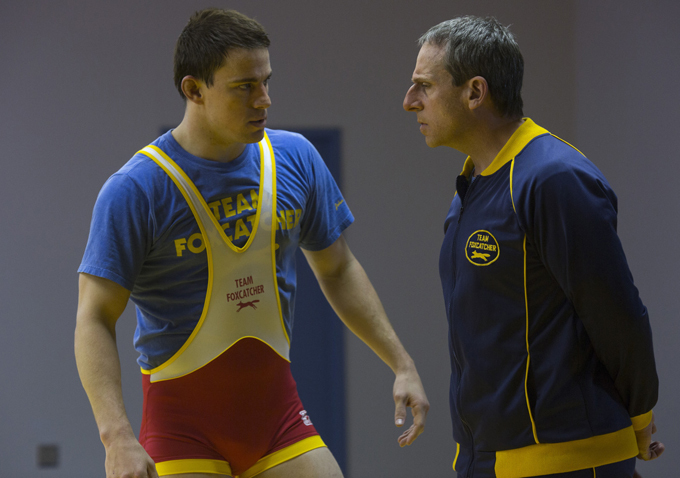By providing your information, you agree to our Terms of Use and our Privacy Policy. We use vendors that may also process your information to help provide our services. This site is protected by reCAPTCHA Enterprise and the Google Privacy Policy and Terms of Service apply.
Edward Norton is Fed Up With People Who Think Movies Aren’t What They Used to Be
Nigel M. Smith


Alejandro González Iñárritu’s “Birdman or (The Unexpected Virtue of Ignorance)” is an actor’s showcase for star Michael Keaton, who delivers a comeback performance for the ages as former action star who mounts a Broadway production to revive his ailing career. But as is the case with all of the Mexican filmmaker’s work, his supporting cast is also given ample moments to shine.
In “Birdman,” Edward Norton nearly walks away with the picture as Mike Shiner, an egomaniacal Broadway star Keaton’s character is forced to work with when one of his play’s stars suffers an onstage injury. The role marks Norton’s best one in ages and the actor tears into it, delivering a showy performance sure to be remembered this awards season.
Indiewire sat down with the actor in New York a week before “Birdman” opened to huge numbers in limited release.
I’ll get the gushing out of the way by telling you that the film’s one of my favorites this year.
I remember talking to somebody about this. It’s so funny, I think sometimes think people feel the need to—
This year again, I feel like people are always talking about the business and how hard it is. But, [David] Fincher’s got a terrific movie. Alejandro’s got this movie. Wes [Anderson] has made one of his best movies ever. Richard Linklater made another great movie. Paul Thomas Anderson has made another great movie. Bennett Miller’s movie is incredible. Do you know what I mean? I mean like, c’mon. You can’t get cynical. I’ve been going to the New York Film Festival. Noah Baumbach’s got his movie. I’ve been going to the New York Film Festival every other night because there are so many. The Dardenne Brothers movie… what more do you want? How many good movies do you expect there to be? I don’t quite get it so it’s always fun to get involved in one that is —

So, I think he may have more cynicism about what the system does. It’s all in balance. I just give a lot of credit to Alejandro because I think if you look at his stuff — Alejandro has got the ammo in the can to be able to say the things he says in this movie because he’s never capitulated on them himself. One after another after another of his films, he’s defied anything resembling a movie on someone else’s terms or a movie in an expected format or a narrative structure. His themes are always insanely ambitious, mostly emotionally driven, not plot-driven. When I read it, I thought I’ll be damned. He’s really just unafraid to sort of stick a fork in and say look, this is where my head is at. This is what I think is hard. This is what scares me in my life right now as an artist. This is what I’m angry about. This is what I’m inspired by and I’m just going to put it into a movie about people trying to be creative. It’s just a very personal approach to making movies, which I think is pretty cool.

It’s a very funny character. All the characters are funny. Zach’s character is funny, Naomi [Watts]’s character is funny. Andrea [Riseborough]’s totally madcap. They all seem at first, if you look at the daughter and Shiner, they’re all causing problems for Michael [Keaton]. But the more the story goes on, as they begin to say harsher and harsher things to him that really land, you realize they actually have a point. He is sort of causing these problems for himself. And I love inversions like that in a movie because then people don’t stay two-dimensional. You suddenly realize that Shiner has a real point. He’s actually very artistically mature relative to him and when he’s on the roof with the daughter, you realize he’s really not that high on himself.

READ MORE: Zach Galifianakis on Mocking Celebrity With ‘Birdman’ and Why Hollywood is Gross
By providing your information, you agree to our Terms of Use and our Privacy Policy. We use vendors that may also process your information to help provide our services. This site is protected by reCAPTCHA Enterprise and the Google Privacy Policy and Terms of Service apply.















